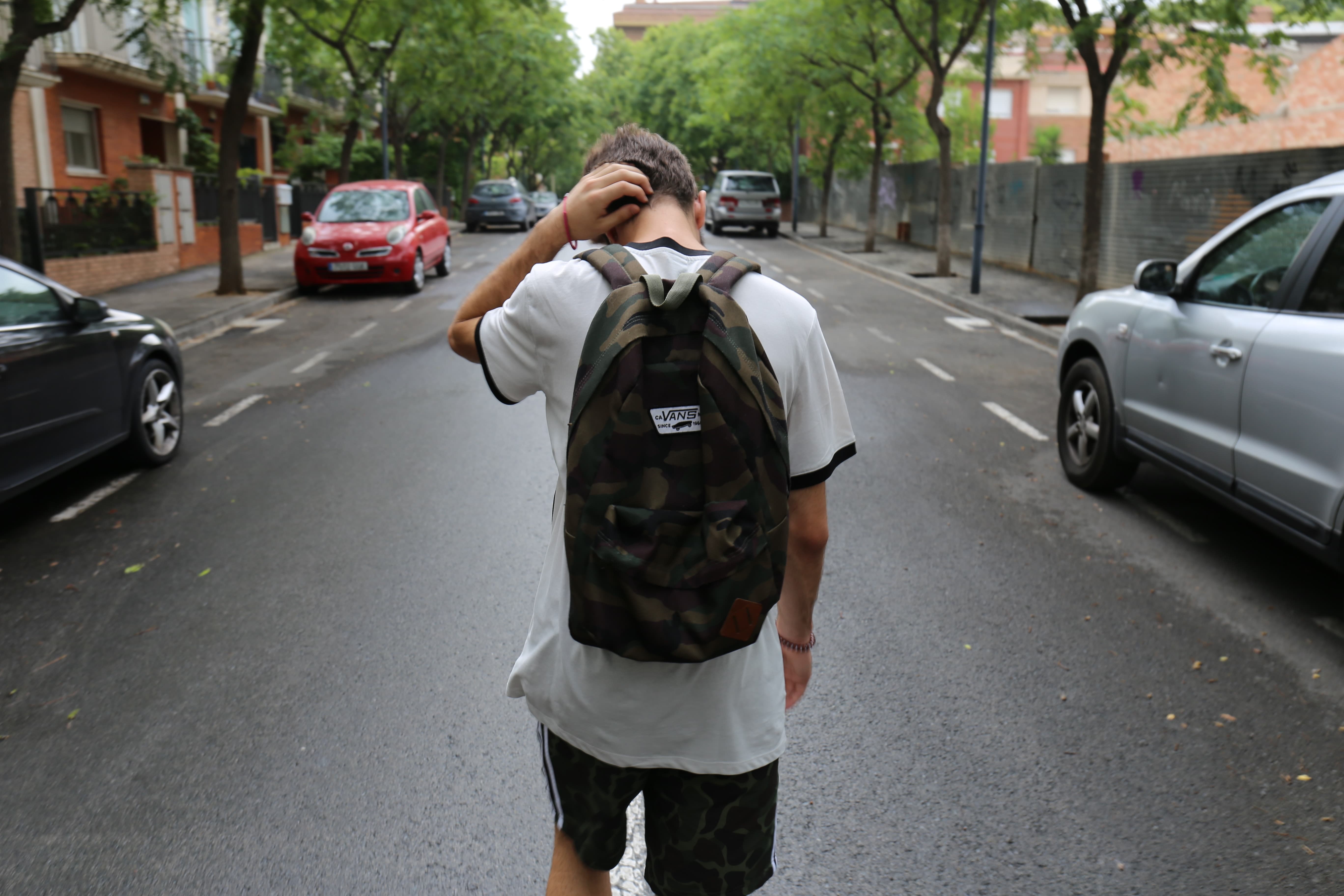
“I have never known anything more quietly loud than anxiety.” -Rupi Kaur, Home Body
As the poet Rupi Kaur describes in her book of poems, anxiety can be terrifying for the person who has it. It’s so disturbing for many individuals who have it that the DSM-5, a psychology manual, mentions,“Generalized anxiety disorder is associated with significant disability and distress [...] Most non-institutionalized adults with the disorder are moderately to seriously disabled. Generalized anxiety disorder accounts for 110 million disability days per annum in the U.S. population” (225).
Anxiety can lead to significant distress and is even classified as a disability. In this article, we will provide some techniques from behavior modification therapy that you can use with your troubled teen. It will also provide some information on signs to look out for that might indicate that your teen might have anxiety. Please remember, while this article provides some tools to help your troubled teen with anxiety, it can’t address anxiety itself. Anxiety should be treated and managed alongside fully-licensed mental health practitioners like those found at Liahona Treatment Center. At our therapeutic boarding school, we can help your teen with this mental illness.
Generalized Anxiety Disorder: When fears and worries are amplified
Before we talk about generalized anxiety disorder (GAD), it’s important to remember that GAD is just one type of anxiety disorder. For example, here are some common anxiety disorders: social anxiety disorder, agoraphobia (fear of large crowds or open spaces), panic disorder, and separation anxiety disorder. GAD is different from these disorders because a teenager with this disorder struggles with an overall feeling of excessive worry and fear. Additionally, unlike typical anxiety (or what a typical person might experience), the following symptoms must be experienced for at least six months for an individual to be diagnosed with GAD. For adults, an individual needs to experience three out of the six symptoms. A child needs only to have experienced one of these symptoms. Symptoms associated with GAD:- Problems with sleeping
- Easily irritated
- Difficulty with focus
- Being tired often
- Feeling tense
- Issues with muscle relaxation
Behavioral Modification Therapy: Helping your teen move from survival mode to thriving
Behavioral modification therapy is a type of treatment that addresses maladaptive behavior. Your teen with anxiety would learn to move from survival mode to thriving. Before we talk about what that looks like in practice, let’s go over behavioral modification therapy. Behavioral modification is based on the following ideas:- Every individual is raised in an environment where behaviors are learned. For instance, a child who sees their parents reading often learns that reading is an excellent way to relax. Whereas, a child who hears their parent yelling will learn that yelling is the only way or good way to get their point across.
- Because behavior is learned, that means you can also change behavior. Behavioral modification therapists question ideas such as “she’s just like that and isn’t going to change” and “that’s his nature.”
- Positive and negative reinforcements can change behaviors. For example, going back to the example of reading in front of your kids, if a parent rewards the child for reading with a “good job!,” they’ll learn that reading has its benefits beyond being “good for them.” They’ll learn to create a mental association between reading and positive things happening in their lives (a positive reinforcement). Likewise, if a sibling sees a child reading and constantly calls that child “a nerd” or tells them “reading is boring,” then the child will learn that reading can lead to social ostracization (a form of negative reinforcement).
Behavioral Therapy Techniques for teens with anxiety
As with ADHD, there are behavioral therapy techniques that can help your teen with anxiety. Here are some that you can try at home with your troubled teen. Have an honest conversation with your teen about their fears To help your teen with anxiety, you will need to have an honest conversation about their fears and worries. As an example, ask them questions like:- What are some of the things that you’re worried about?
- What’s made you so worried about these things?
- What are you currently doing that’s helping you manage these fears?
- What are you currently doing that’s not helping you manage these fears?


Leave a Reply